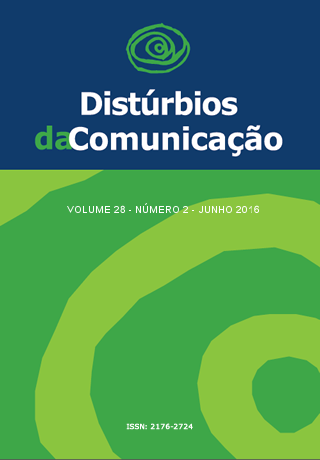School performance of children with learning difficulties: comparison between children with and without intellectual disabilities
Keywords:
Intellectual disability, Attention deficit disorder with hyperactivity, underachievement, Learning disorders, Differential diagnosis.Abstract
In a culture where the ability to read / write is so valuable, studying the variables involved in learning disabilities is very important. These variables are related to organic and social factors and since these subjects are important and complex, many professionals research them. In the present study, we examined the school performance of children with learning difficulties. Children of the first group had intellectual disability (ID) whereas the cognitive level of the children in the second group was adequate. The diagnosis of ID and learning disorder was made after review and discussion by a multidisciplinary team and included mood disorder, attention deficit disorder, hyperactivity disorder, and environmental inadequacies, among others. The initial hypothesis was that children with ID had worse academic performance; however, after statistical analysis, we observed that children with a normal cognitive level had great academic difficulty, as also did those with ID. These data are a warning for us, because they show that children with poor school performance who are "labeled" by their teachers, parents and other professionals as having intellectual disabilities really have and average cognitive level. However, they have other features that interfere with learning, such as emotional and environmental changes. The study also reinforces the importance of a differential diagnosis in each case, because even though these children show the same school performance, the cause of their problems is distinct and there is a more appropriate treatment for each specific case.
Downloads
Metrics
Downloads
Published
Issue
Section
License
Copyright (c) 2016 Patrícia Aparecida Zuanetti, Kelli Alves Silva Santos, Fabíola Mishima-Nascimento, Marisa Tomoe Hebihara Fukuda

This work is licensed under a Creative Commons Attribution 4.0 International License.









